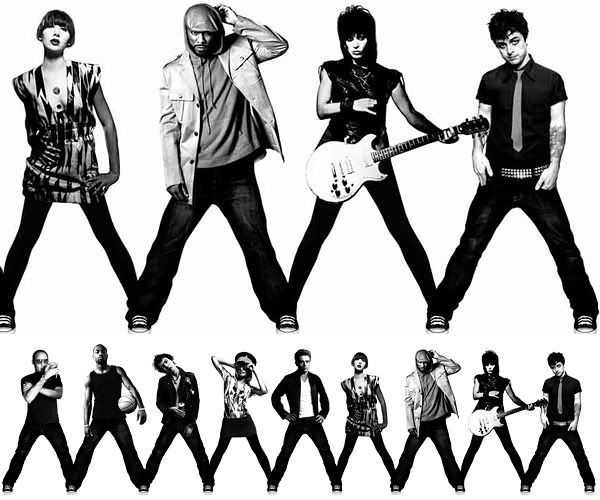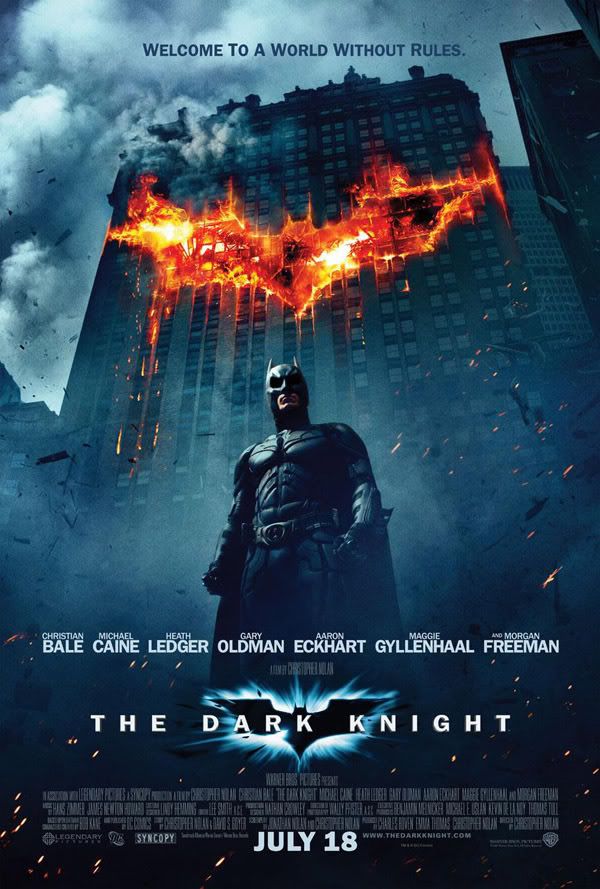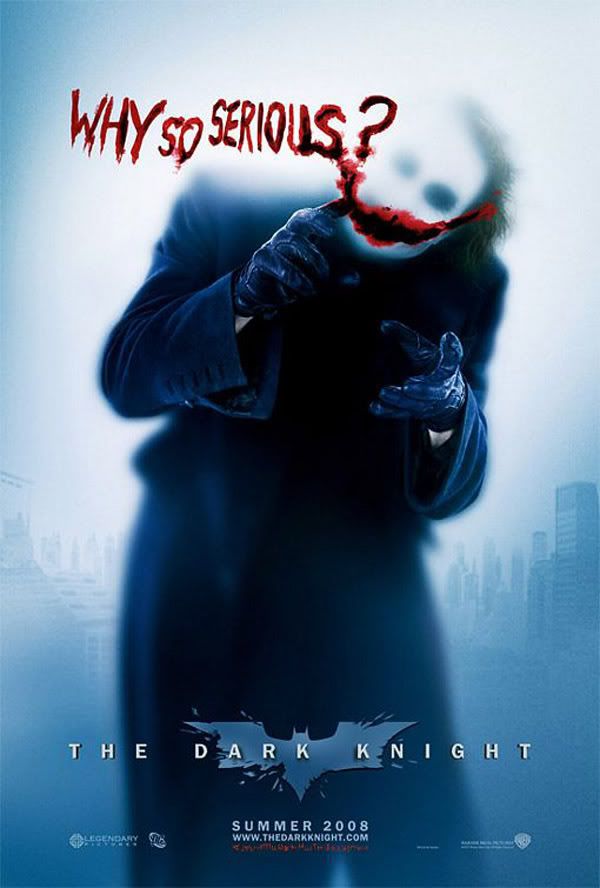LISC Presents: Careers in the Arts
Last week, LISC (http://www.LISC.org) invited me to speak to aspiring college and high school students interested in the creative industry. There was a panel of 5 professionals, a film director, an actress, a film producer, a photographer (me), and the C.F.O. of the Brooklyn Museum.
Most of the panel spoke more in terms of professionalism, and how to conduct a sucessful business. I never really took a traditional route towards becoming a professional photographer. So I couldn't really give a first hand experience of the "proper" way to do it. I spoke a bit more personally, and leaned my talk more towards what it is to be an artist, and how to find the courage to follow your passion.
I told them how I first discovered photography, how I landed my first professional job. And how I feel as an artist, your goal is to be true to yourself, and naturally emit this aura. Because clients don't really hire photographers based on whether or not they can take a properly exposed photo, or a sharply focused photo. From a technical standpoint, a lot of photographers have the ability to shoot 80% of the photos that are used commercially, yet not all of them can land the major accounts. Developing a strong client base really comes comes down to: Does the client trust you?
I did give a bit of practical business advice though. I stressed the importance of making the right connections. Who you know is integral to success in any field, not just the creative industry. And also technical ability is important. It gives you options. And ensures that you're not a clutz on set. But one must be mindful of the limitations of technique, otherwise your artwork becomes predictable and stale.
In case you're wondering. Normally, to become a professional photographer, you would do the following:
#1. Go to photography school
#2. Gain technical proficiency
#3. Develop a basic portfolio
#4. Contact professional photographers you admire, and seek out an internship.
#5. Try to flip the internship into becoming a 3rd assistant.
#6. Get promoted to 2nd assistant or Studio Manager.
#7. Get promoted to 1st assistant. By then, gain a good grasp of the business.
#8. Strike out on your own.
I didn't do that. I won't go into my life story now, cause I don't feel like writing that much (haha). But I never took a photography class. I learned a lot of my technical ability from going to the library. I did assist a few photographers, not full time, but more on a freelance basis, just to learn how to conduct myself on a photography set (and to yoink their lighting set ups, haha). As a college student, I did a few internships at a couple magazines. But really I just knew from the moment I picked up my first camera, that I was in love with photography. I struck out on my own, just sort of figuring things out as I go, knowing that the love would be motivating enough to surmount whatever obstacles lied ahead.
I really enjoyed talking to the young students. I was a bit nervous at first. I tried to connect with the crowd, but it seemed that there weren't too many artists, and people were more interested in what it takes to be a film producer or run the Brooklyn Museum.
When the students asked the panel "What do you look for in a great intern?" Most of the panel said things "Fast learner", "Ambitious", "Pro-active". etc... I said, "A good intern, is someone who makes me look awesome, and makes my life easier." It was a joke, but still... the truth (like all good jokes). No one laughed though. Hmmmm. They probably thought I was a bit egotistical. But the truth is that interning on a photography set is a whole lot of bitch work. And interns that want to mess around, talk to models, talk about their own photography to the clients... Get the boot! I'll definitely teach them how to use the cameras, the lights, how to write proposals, estimates, invoices, etc. all those things. I'll even treat them out to post shoot dinners and buy them mojitos. But if an intern makes me look unprofessional on set and / or require that I micro-manage them. They have to go. Mmmm. I thought it would be best to be straight forward with the the students, not glamorize the photography profession.
I didn't get paid to give this talk. I just enjoy teaching, and working with children. And it feels good to give back to the community. Following the LISC event, I was wondering a bit, if I made a good contribution or not. Because I didn't really talk about concrete logistics about becoming a pro photographer, but more about encouraging people to "Do what you love", trust your instincts, relax and not think too much when they shoot photos. Really. Those things are kind of cliche and obvious. Hmmmm. Maybe I sounded like I was bullshitting? (haha)
Over the weekend, and this morning, I received a several thank you notes from the students. And also a couple job offers from the people who invited me to speak. So yeah, it feels really good, man. One of the messages was pretty awesome. Here's an excerpt:
"Derrick [...] I spoke to you briefly yesterday after the career in the arts panel. I was the one who, after losing her portfolio and all her negatives on a city bus, hasn't really been shooting [...]
I wanted to write you an email to thank you for your encouraging advice and laid-back presence. Though I feel best behind a camera and my passion is boundless, I do often get caught up in the idea that I don't know enough to be good enough. Your personal story made me feel more at ease that by just loving photography and throwing yourself into it, something can come from it. I'm certainly going to start shooting everyday again.
Also, I wanted to tell you that I've spent most of this morning looking at your work (its been a slow day here at my internship) and I absolutely love it. Your aesthetic is so appealing to my eye. I loved the intensity and detailed facial/body features that you captured some of the sport shots, and I loved the NYC walkabout pictures because though the composition, and color are artistically great, I was more drawn to a certain rawness they had; that they were taken to be simply taken. I don't know how to explain it exactly. I hope I made some sense. Sometimes its hard to explain why I love a photo, I just do."
Ahhh. Thank you for this letter! You make me want to go shoot more Walkabouts.
Most of the panel spoke more in terms of professionalism, and how to conduct a sucessful business. I never really took a traditional route towards becoming a professional photographer. So I couldn't really give a first hand experience of the "proper" way to do it. I spoke a bit more personally, and leaned my talk more towards what it is to be an artist, and how to find the courage to follow your passion.
I told them how I first discovered photography, how I landed my first professional job. And how I feel as an artist, your goal is to be true to yourself, and naturally emit this aura. Because clients don't really hire photographers based on whether or not they can take a properly exposed photo, or a sharply focused photo. From a technical standpoint, a lot of photographers have the ability to shoot 80% of the photos that are used commercially, yet not all of them can land the major accounts. Developing a strong client base really comes comes down to: Does the client trust you?
I did give a bit of practical business advice though. I stressed the importance of making the right connections. Who you know is integral to success in any field, not just the creative industry. And also technical ability is important. It gives you options. And ensures that you're not a clutz on set. But one must be mindful of the limitations of technique, otherwise your artwork becomes predictable and stale.
In case you're wondering. Normally, to become a professional photographer, you would do the following:
#1. Go to photography school
#2. Gain technical proficiency
#3. Develop a basic portfolio
#4. Contact professional photographers you admire, and seek out an internship.
#5. Try to flip the internship into becoming a 3rd assistant.
#6. Get promoted to 2nd assistant or Studio Manager.
#7. Get promoted to 1st assistant. By then, gain a good grasp of the business.
#8. Strike out on your own.
I didn't do that. I won't go into my life story now, cause I don't feel like writing that much (haha). But I never took a photography class. I learned a lot of my technical ability from going to the library. I did assist a few photographers, not full time, but more on a freelance basis, just to learn how to conduct myself on a photography set (and to yoink their lighting set ups, haha). As a college student, I did a few internships at a couple magazines. But really I just knew from the moment I picked up my first camera, that I was in love with photography. I struck out on my own, just sort of figuring things out as I go, knowing that the love would be motivating enough to surmount whatever obstacles lied ahead.
I really enjoyed talking to the young students. I was a bit nervous at first. I tried to connect with the crowd, but it seemed that there weren't too many artists, and people were more interested in what it takes to be a film producer or run the Brooklyn Museum.
When the students asked the panel "What do you look for in a great intern?" Most of the panel said things "Fast learner", "Ambitious", "Pro-active". etc... I said, "A good intern, is someone who makes me look awesome, and makes my life easier." It was a joke, but still... the truth (like all good jokes). No one laughed though. Hmmmm. They probably thought I was a bit egotistical. But the truth is that interning on a photography set is a whole lot of bitch work. And interns that want to mess around, talk to models, talk about their own photography to the clients... Get the boot! I'll definitely teach them how to use the cameras, the lights, how to write proposals, estimates, invoices, etc. all those things. I'll even treat them out to post shoot dinners and buy them mojitos. But if an intern makes me look unprofessional on set and / or require that I micro-manage them. They have to go. Mmmm. I thought it would be best to be straight forward with the the students, not glamorize the photography profession.
I didn't get paid to give this talk. I just enjoy teaching, and working with children. And it feels good to give back to the community. Following the LISC event, I was wondering a bit, if I made a good contribution or not. Because I didn't really talk about concrete logistics about becoming a pro photographer, but more about encouraging people to "Do what you love", trust your instincts, relax and not think too much when they shoot photos. Really. Those things are kind of cliche and obvious. Hmmmm. Maybe I sounded like I was bullshitting? (haha)
Over the weekend, and this morning, I received a several thank you notes from the students. And also a couple job offers from the people who invited me to speak. So yeah, it feels really good, man. One of the messages was pretty awesome. Here's an excerpt:
"Derrick [...] I spoke to you briefly yesterday after the career in the arts panel. I was the one who, after losing her portfolio and all her negatives on a city bus, hasn't really been shooting [...]
I wanted to write you an email to thank you for your encouraging advice and laid-back presence. Though I feel best behind a camera and my passion is boundless, I do often get caught up in the idea that I don't know enough to be good enough. Your personal story made me feel more at ease that by just loving photography and throwing yourself into it, something can come from it. I'm certainly going to start shooting everyday again.
Also, I wanted to tell you that I've spent most of this morning looking at your work (its been a slow day here at my internship) and I absolutely love it. Your aesthetic is so appealing to my eye. I loved the intensity and detailed facial/body features that you captured some of the sport shots, and I loved the NYC walkabout pictures because though the composition, and color are artistically great, I was more drawn to a certain rawness they had; that they were taken to be simply taken. I don't know how to explain it exactly. I hope I made some sense. Sometimes its hard to explain why I love a photo, I just do."
Ahhh. Thank you for this letter! You make me want to go shoot more Walkabouts.
Labels: Commercial Photography



